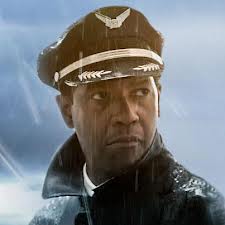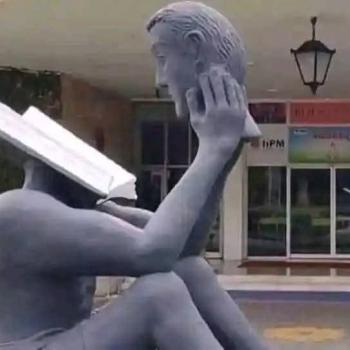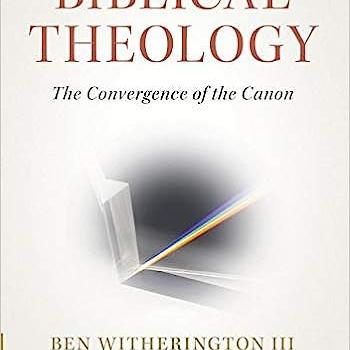When you come to the end of yourself, you meet your God. And when you come to the end of your lies, you meet the truth. Whip Whitaker is an addict so deeply into denial, that like most addicts, he thinks his will power is still in control. Alas, of course it is not. The problem is multiplied by the fact that he is also a major airline pilot, and worse still he is able to fly well, even when, stoned, drunk, or coked out or all three. We meet Whip the night before a flight from Orlando to Atlanta and all we can see in all directions is sex and drugs, and in the background, rock n’ roll (cue Joe Cocker’s version of With a Little Help from my Friends [I get high], cue the Stones Sympathy for the Devil…. you get the picture). The thunder clouds through which Whip flies the plane betoken the ominous tone and turn the film will soon take. The question is not whether Whip is going to go down, the question is, how many others will get Whiplash, or worse, in the process. As it turns out, six die in the plane crash that Whip miraculously manages in a way that 96 live.
The first 30 or so minutes of this film take us up to the point of this crash, and it is some of the most dramatic and believably scary plane crash footage ever on film. The film however is 2 hours and 18 minutes long and on the whole could certainly not be called an action flick. It is rather a damage control flick, a film about addiction and how it destroys relationships and lives, and yes, a film about a modicum of redemption.
In fact God shows up in this film quite a lot in the dialogue. The wonderful Don Cheadle plays a lawyer sent by the Pilot’s union to save Whips’ rear end. He talks about getting the crash called ‘an act of God’, to which Whip replied ‘whose God would orchestrate this sort of disaster’– a very fair question indeed. Most of the Christians in the film (the head stewardess, the co-pilot and his wife, maybe the cancer victim in the hospital) come across however as hard core fatalists or some sort of Calvinists (God gave me this cancer, God orchestrated this crash and so on), so God, and not just this plane comes in for some heavy weather in this film.
In many ways this film reminds me of Charles Williams powerful novel ‘Descent into Hell’ (which should be required reading for all those inclined to follow Rob Bell’s logic in Love Wins). Yet in the midst of all the lies, and all the deception and all the legal legerdemain, there does come in this film a moment of truth, a moment of clarity, that surprises us all, and stands in contrast to the famous court room scene where Tom Cruise is once told by Jack Nicholson– “You can’t handle the truth”. Apparently Robert Zemeckis thinks we can. And against all odds, as Whip will finally admit— the truth is what sets him free.
I liked this movie quite a lot, as a study not only of addiction and the wages of sin, but also of the moral structure of reality such that ‘be sure your sins will (eventually) find you out’. I love Denzel Washington and his performance in this film, if he is not eclipsed by Daniel Day-Lewis’ Lincoln, should win him a best actor Oscar. Sorry Tom Hanks, but your varied performances in Cloud Atlas pale by comparison.
Washington is totally believable in this film from start to finish, and you do not know whether to feel sorry for him or to hope for redemption, or to despise him as a junkie….or all three. John Goodman plays the hippy dippy drug dealer to the hilt, and there are other very fine performances in this film. It is an R rated film for language, nudity, and intense scenes of various sorts. Not a film to take your children to see, but a profound reflection on dissolution and addiction, and how ordinary willpower cannot overcome it. As it turns out, the truth may set you free, but not from the consequences of your misbehavior…..

















